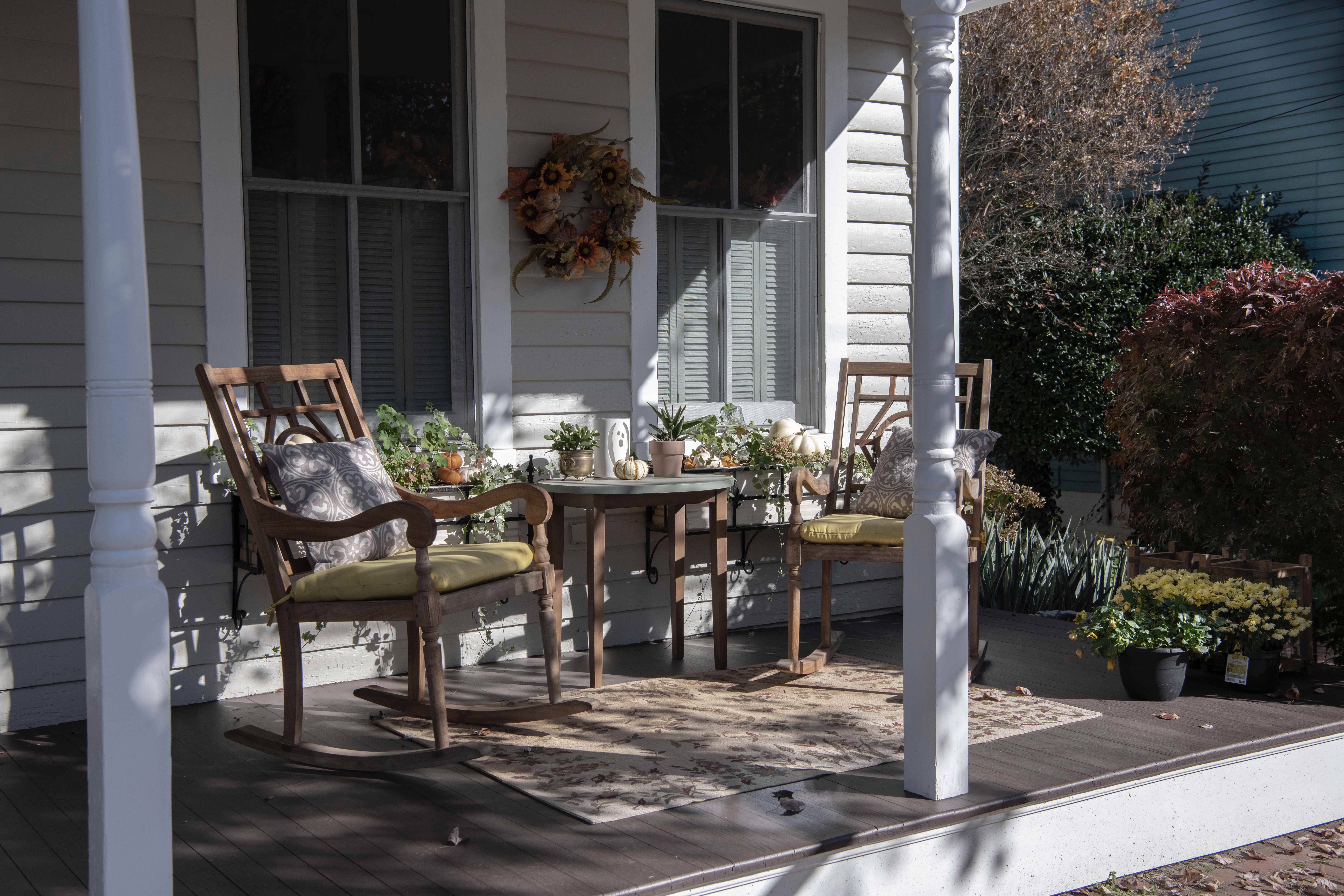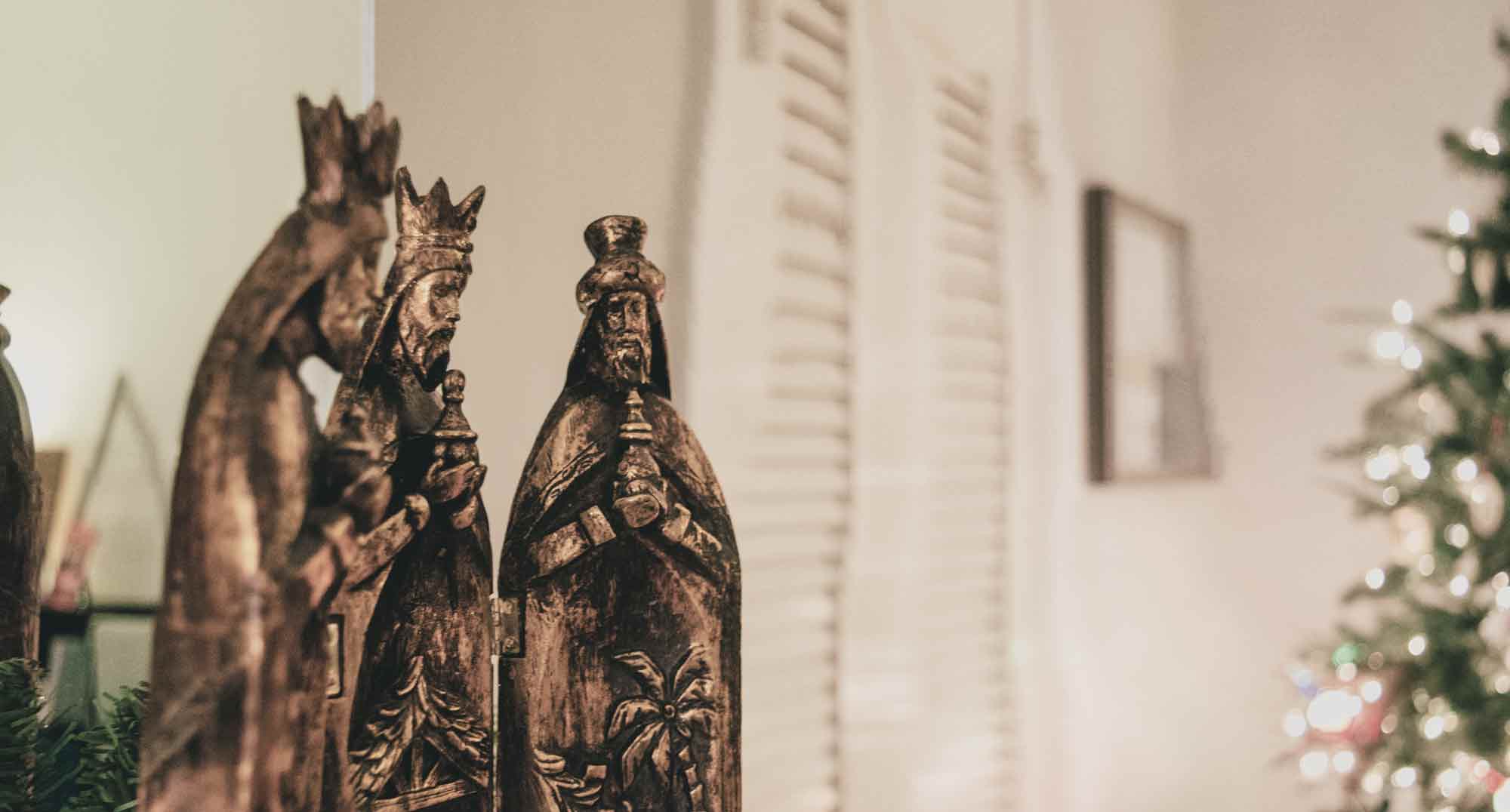A Glorious Inheritance
NIKKI BONHAM | GUEST Our family is in the middle of a move. Again. But only across town this time. The house we’ve been living in had been sitting empty for years when we moved in, and it had major maintenance issues, which we won’t miss. The new house was recently built, so I’m thankful to leave behind the leaky pipes, mold, and broken floors. But my favorite part of the new place is the view. It overlooks the Colombian countryside, and I am convinced that a few minutes on the back porch with a strong cup of Colombian coffee will cure almost anything that ails you. But apart from the view, the biggest difference between the two has been the shift from living in a house that had been left empty and deteriorating to one where every detail of the construction and maintenance has been painstakingly considered. Our previous landlord had been ready to rid himself of the burden for years. Our new landlord built the house himself and put his literal blood, sweat, and tears into its completion. The difference is striking. And there’s only one reason for it; the new landlord is guarding and maintaining his own inheritance. Someone Else’s Inheritance On our first visit to the house, the owner proudly pointed out each tiny detail. My husband commented, “I can tell that your whole heart has gone into this project.” “Well, it’s my father’s land,” the owner told us, “But he let me build on it now. He’s already promised me this portion. I’ve given all I have to this house. But it’s our future, so it’s worth it.” Moving into a home that is someone else’s literal inheritance comes with a little extra pressure, especially with a house full of boys. Every day I think, “There is no way we are giving this house back in the same condition we received it.” But mostly, it feels like yet another gospel image the Lord has built around me for me to live in (literally, this time!) that lifts my eyes to the greater reality of what He is doing on an eternal scale. As I sit on this porch and drink my coffee in someone else’s future inheritance, I am reminded of the covenant promises of inheritance that are already mine in Christ...



